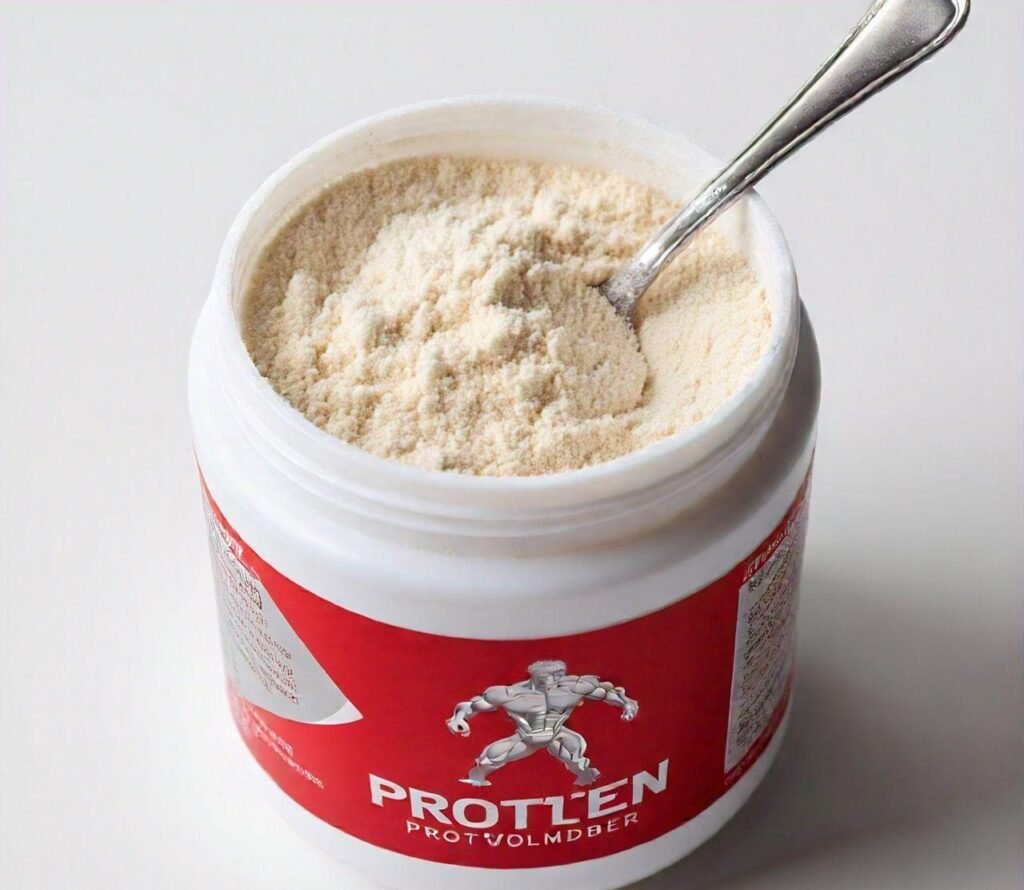
protein powder is good or bad ? 3 proven benefits of protein powder for body
Protein is an essential nutrient for the body, but people are confused about it. Should you take protein or not, what is right, let’s know about it.
Nowadays people have a lot of confusion about protein powders , some people say that it should not be consumed and some people believe that protein shakes are beneficial for health. Whether protein powder is good for health or not is a big question, the answer to which is important to know.
What is protein?
Protein is a major nutrient that is extremely important for the body. Proteins are large molecules that are essential for the proper functioning of cells. The regulation of the body’s cells, tissues and organs is not possible without protein. Apart from muscles, skin and bones, other parts of the body contain a certain amount of enzymes, hormones, antibodies and proteins. Proteins work like neurotransmitters.
Protein powders are concentrated sources of protein derived from animal or plant-based sources.

Why protein powder is good?
Protein powder is a powerful macronutrient well-known for helping build muscle. Amino acids are the smaller parts that make up protein. Protein is essential and performs special functions throughout the body, including maintaining fluid balance, hormone regulation and good health.

1 Weight Management
When working with clients, I recommend they include a source of protein in all of their meals to help them feel full and satisfied. This can be challenging for some people at snack time, but it can greatly impact the way you eat and feel throughout the day. Protein can help you reach a healthy weight or maintain a healthy weight by making you feel more satisfied after eating.
2. Muscle Growth
Weightlifters widely use protein powder and shakes and supplements to increase muscle mass. Protein powder stimulates muscle growth in active individuals. In a 2018 review in the British Journal of Sports Medicine, weight-training adults experienced significant increases in strength and muscle size in just six weeks when taking protein supplements.
3 Dietary flexibility
It is considered great for vegans and those whith dietary restriction using plant -based products.
Why taking protein powder can be bad?
1 Potential contaminants
A nonprofit called the Clean Label Project examined the ingredients of 134 high-selling protein powders. The results showed that 75% of the protein powders they tested contained some amount of lead, and 55% contained BPA. The study also found levels of mercury, arsenic, and cadmium.
2 Expenses
High-quality protein powders can be more expensive to purchase than whole food proteins. For example, you can pay anywhere between $0.42-$2.90 per ounce for protein powder. But you can find protein-rich tofu at the grocery store for around $0.18 per ounce.
3 Health Risks
Protein powder can cause health risks if overused or sourced from low-quality products. Excess protein may strain the kidneys, especially in individuals with pre-existing kidney conditions, and can cause digestive issues like bloating or diarrhea.

What to Look in protein powder
Third-Party Tested
Although it may be surprising, the Food and Drug Administration (FDA) does not analyze the ingredients of protein powders. But according to a 2019 study in Current Sports Medicine Reports, some organizations do conduct third-party testing of products.
The National Sanitation Foundation (NSF) is one of these organizations. The NSF provides third-party testing for dietary supplements like protein powders to ensure that their safety, quality, and ingredients are up to a certain level of standards.
It’s best to choose a protein powder that has undergone third-party testing to ensure that the product is what the manufacturer says it is. You can find out if a protein powder is NSF-certified by looking for the blue and white NSF logo on the product packaging.

Conclusion
Taking protein powder is generally “good”when used in moderation and as part of a balanced diet. It is “bad”if overused or if poor-quality products are chosen. Consult a healthcare professional if you.
Also read





















1 comment